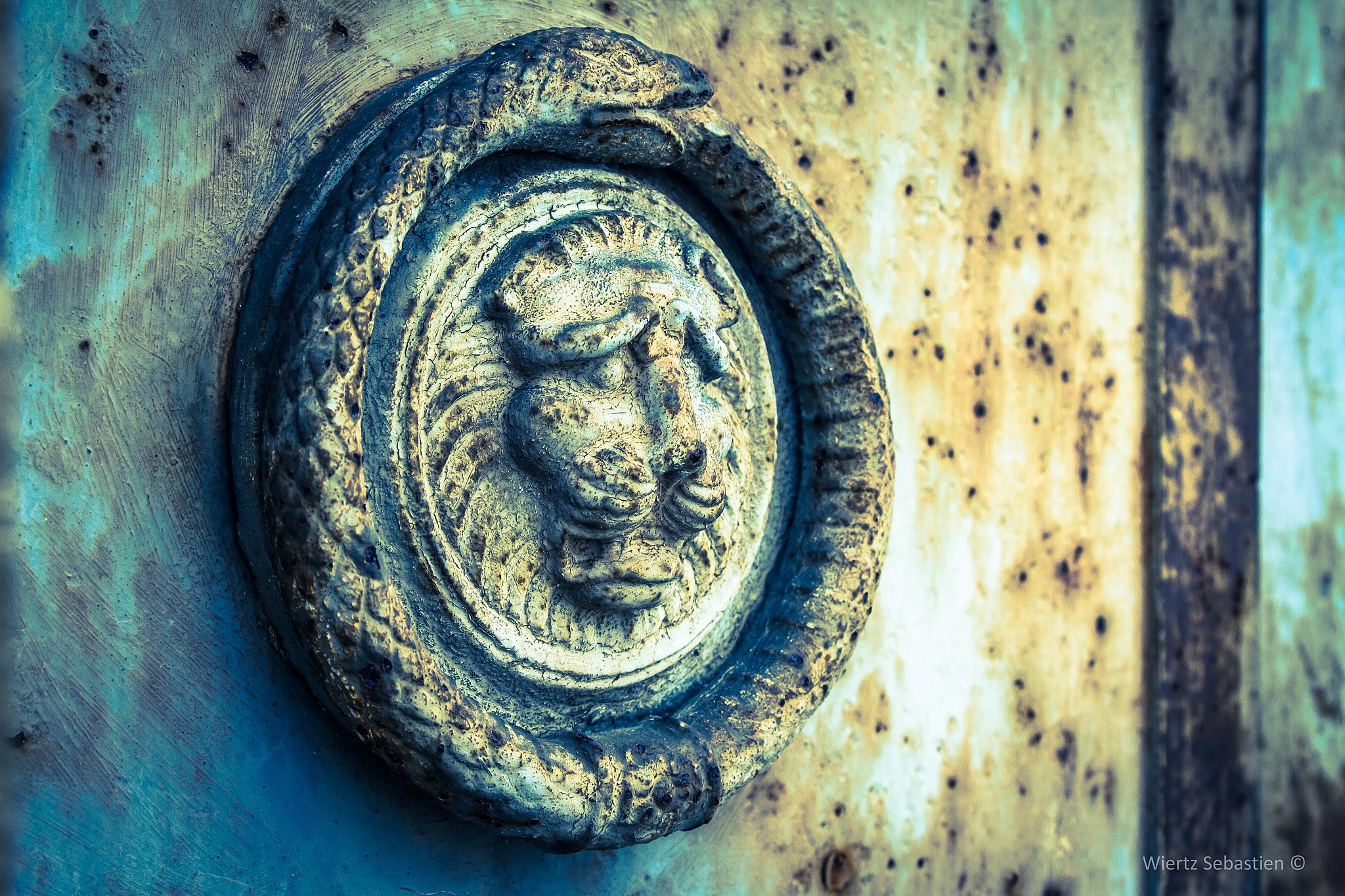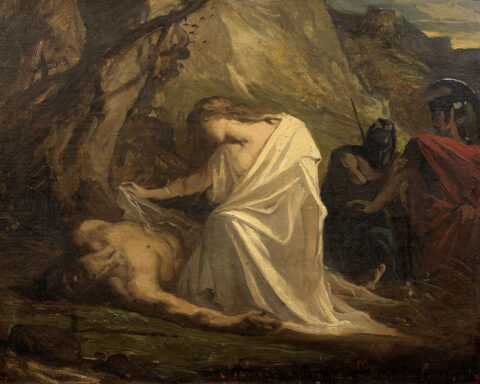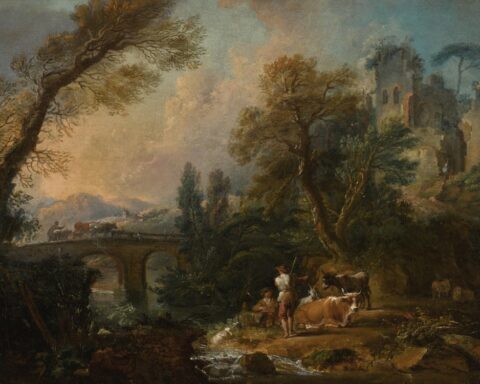I started reading Tarot cards in January 2020, the same month ABC News published an article stating, “Mysterious pneumonia outbreak sickens dozens in China.” If you’re wondering, the cards didn’t mention it. Instead, my deck — the Anima Mundi Tarot by artist and writer Megan Wyneweden — introduced itself with The Sun and The Star. It glowed with optimism. It said, “I bring good tidings. I bring you a lantern and its fire is joy.”
This is a strange deck to work with during a plague year. In my practice, I don’t tell fortunes; I’ve never been good at divination as the future is too much of a squirming thing to pin down. Instead, I try to make meaning out of random patterns, out of symbols and images that crawl like spiders through an invisible web. Synchronicity, as that old Swiss psychologist would say. If there is such a thing.
Perhaps it’s the same kind of magical thinking that leads a plague doctor to stuff his mask with pungent herbs. I’m okay with that. Now that so much is hosted on virtual space — job, friends, all reduced to pixels on a screen — it feels good to hold something tangible, these small paintings that string together a story.
Here is one: Death waits on a beach in Florida. Against the white sand, he’s a man-shaped void, standing six feet away from a group of sunbathers lounging on their towels. Today, Death escorts a crowned destroyer, a microscopic horseman that rides on breath. Death has traveled through Dallas and Denver, between supermarket aisles in Boston, on high-rise elevators in New York City. No place, urban or rural, will escape this horseman and the pale rider that follows.
All Death has to do is wait — he’s got the time.
In Tarot, the Death card is intertwined with time. It’s the most misunderstood card in the deck, or so I’m told by readers. Rather than just mortality, it symbolizes beginnings as much as it does endings, one flowing into the other. The Death card, in other words, is the card of that eternal constant: Change. Our old friend, the Rider-Waite deck, builds this aspect into its apocalyptic imagery with its armored, skeletal reaper astride a pale horse, connecting it that other omen, that other great End.
As the number of deaths tick up in my country, I can’t help but think about the Apocalypse. Every good former Catholic school girl remembers learning about Revelations, how the nuns would tell us it’s less about the end of the world and more the wishful thinking of a Roman-occupied writer. A collection of images strung together to create a story. Linguistically, an apocalypse is less about ‘the’ end so much as ‘an’ end — a time of change, a literal “unveiling,” like a snake shedding its skin.
In the Anima Mundi deck, Death is not a man, but a snake. An adder having grown too big for its old form leaves behind a ghost of itself. Here, too, the image hitches onto another story of knowledge revealed and a world upended. Eve, apple.
What stories are told in the middle of an apocalypse?
A story where the virus is a hoax, a political canard, even as people lay gasping for breath in hospital corridors.
A story where nurses, doctors, sanitation and grocery workers, all members of the working class are forced to interact with the public without PPE and without hazard pay.
A story where police use state-sanctioned violence to uphold white supremacy and brutalize protestors, and when White Supremacy attacks the Capitol, the police are abandoned, beaten, treated as expendable.
A story where the rich cloister themselves away in their abbey-turned-pleasure palace, a place they think death cannot touch, and when one of their own dies they simply take over the dead man’s Twitter handle and say the virus that killed him is not so lethal after all.
Cloistered in my own room, I look over my cards and expect to pull The Tower. Instead I pull the Three of Swords. The Hermit. Ace of Wands. Eight of Pentacles. Death. They ask me about grief, introspection, action, gratitude and change.
My country has not mourned its dead or acknowledged our open wounds. I think that’s because we’re hoping an asteroid will hit or Yellowstone will explode so we can get this over with. The appeal of the End Times is release, almost orgasmic. You don’t have to do anything but lie back and let it wash over you. There’s nothing you need to fix after obliteration. The vaccine is a welcomed tourniquet, but there will still be bleeding, and instead of being whisked away to the Rapture we’ll be stuck here on this rock, terrified and scarred and blessed.
I am doubly blessed: in quarantine, I pick tomatoes and make fresh sauce. I hear crickets sing in the brush. I send coin to mutual aid and bail funds. I watch hawks wheel through sky like gods. I hug my parents. I talk to my grandmother about the old country on the telephone. I tell a love story.
Some days the terror grips me: if my mother’s illness flairs or my father comes home with a cough or an expected bill comes due or I am sleepless imagining Death as he plods along on his horse, I break my rule and try to divine the future. Lay out a Celtic Cross and ask the cards questions I know I’ll interpret as doom. What will happen? Will my parents survive? Will my grandmother? Will I? I am afraid. Tell me.
The cards cannot say.
Instead, they tie together images. Imagine a world that values human life, where our families and communities are fed and housed, where they drink clean water and breathe clean air. We rest. We find purpose. We protect our most vulnerable. We preserve and expand our wild spaces. In this story, another world is possible. The work is already being done.
Here, they tell me, is the moment to act, at the end that is a beginning, a snake biting its tail.
Swiertz, CC BY 3.0 https://creativecommons.org/licenses/by/3.0, via Wikimedia Commons




